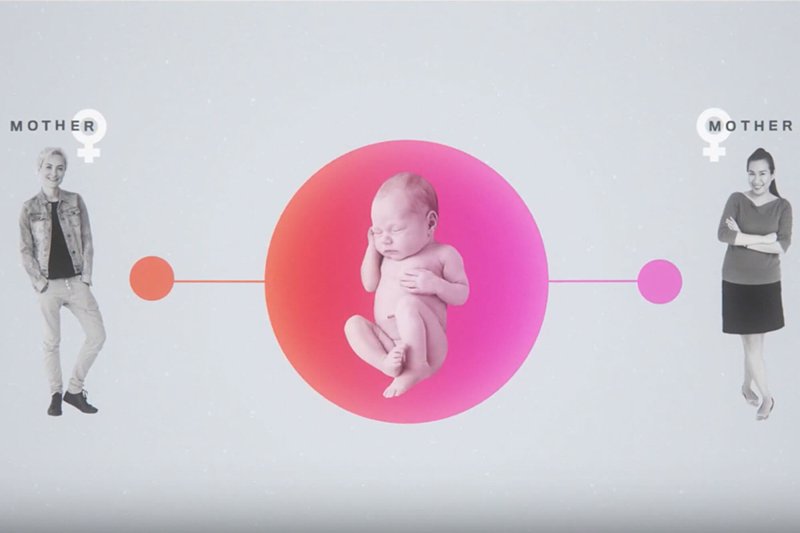Humans are reproducing in ways that would have been truly unimaginable just several decades ago: Two men and a surrogate. Two women and a sperm donor. An older woman using genetic material from a much younger egg.
Each turn of the technological screw has been generated by the same profound impulse — to allow people to conceive babies they desperately want and to build families with those they love. Each development has, in many ways, been deeply conservative, intended to extend or re-create life’s most basic process of production. But as these technologies have expanded and evolved, their impact has become far more revolutionary; they’ve forced us to reconceptualize just what a family means.
If the techniques of [in vitro gametogenesis] prove feasible, therefore, would-be families could theoretically begin by creating their own gametes. A single woman, for example, might mix her egg with sperm fashioned from the genetic material of her two best male friends; the resulting child would have three genetic parents. Or she might mate her egg with a carefully selected donor sperm, using genetic testing to eliminate any risk of the cystic fibrosis that runs in her own family. Stem cells derived from the resulting embryo could then yield a next-generation egg to be paired with her best friends’ similarly well-conceived sperm, yielding a child with four parents. And so on. The implications are enormous.































